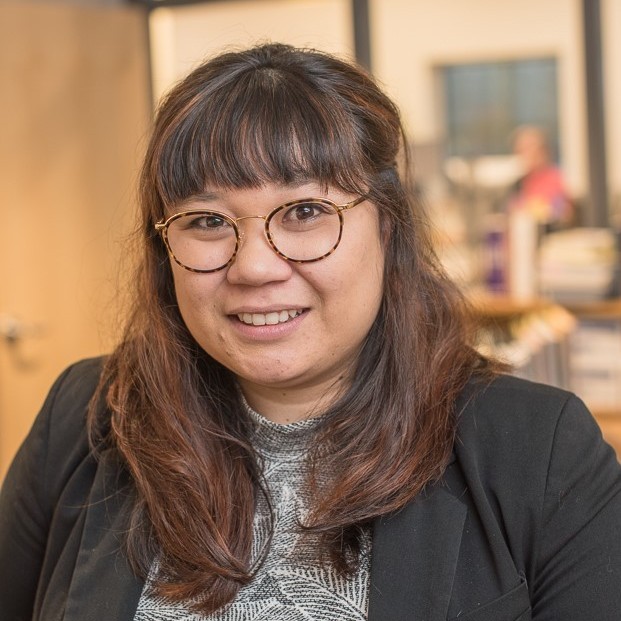- About Archives
- About SAA
- Careers
- Education
- Publications
- Advocacy
- Membership
 Jasmine Jones
Jasmine JonesMetadata and Technical Services Archivist, Smith College
“As a Nominating Committee member, I would work with my colleagues to select a ballot of leaders that embody diversity and embrace inclusion, that are not only strong advocates of archival issues, such as governmental accountability and transparency, privacy, access, and funding, but are also strong advocates of their communities.”
PROFESSIONAL EXPERIENCE
EDUCATION
PROFESSIONAL ACTIVITIES
SELECTED PUBLICATIONS AND AWARDS
SELECTED PRESENTATIONS
QUESTION POSED BY NOMINATING COMMITTEE
An essential component of the Nominating Committee’s work is identification of rising and seasoned leaders within SAA and the archival profession who embody the varied facets of professional diversity. Describe how you interpret this core responsibility and how you will identify candidates who represent a variety of backgrounds and perspectives and who demonstrate commitment to SAA’s strategic goals.
CANDIDATE'S RESPONSE
With the strategic goals for 2018–2020 and its diversity-focused initiatives, SAA has continued a concerted effort to ensure that diversity is foundational to the vision and evolution of the organization, its leadership and members, programming, and the collections its members steward. It is the core responsibility of the Nominating Committee to promote this commitment by putting forth a ballot of leaders that not only are themselves diverse—defined as not only demographically diverse, but also including cognitive, institutional, experience, and other diversities—but also for whom inclusion and equity is an imperative. Being an inclusive leader in SAA means being proactive and agile in the face of the diverse needs of the membership and profession, as well as responding with intention and critical consideration of their needs. This requires that these leaders are not only listening and learning from within the organization, but are looking beyond the profession’s borders at policies, decisions, or movements that will impact SAA, archivists, and their user communities. It also means amplifying the underrepresented and seeking opportunities for dialogue with the membership. To do this, the Nominating Committee should look to individuals who are consistently shown to empower and engage with the communities they serve within and outside of SAA.
If elected as a member of the Nominating Committee, I would work with my colleagues to select a ballot of rising and seasoned leaders that embody diversity and embrace inclusion, that are not only strong advocates of archival issues, such as governmental accountability and transparency, privacy, access, and funding, but are also strong advocates of their communities. To this aim, I would collaborate with SAA leaders and groups for candidate recommendations and look to strong teams cultivated out of successful projects, programs, and initiatives.
Additionally, if elected, I would collaborate with my committee colleagues to make more transparent the work of the Nominating Committee. I believe that through transparency of practice and building a more robust understanding of the nomination process and the requirements of the positions by the membership, members will feel better oriented to the organization and more willing to step into leadership or other ways of participating in SAA.
Slate of Candidates |
The Nominating Committee has slated the following SAA members as candidates for office in the 2018 election: